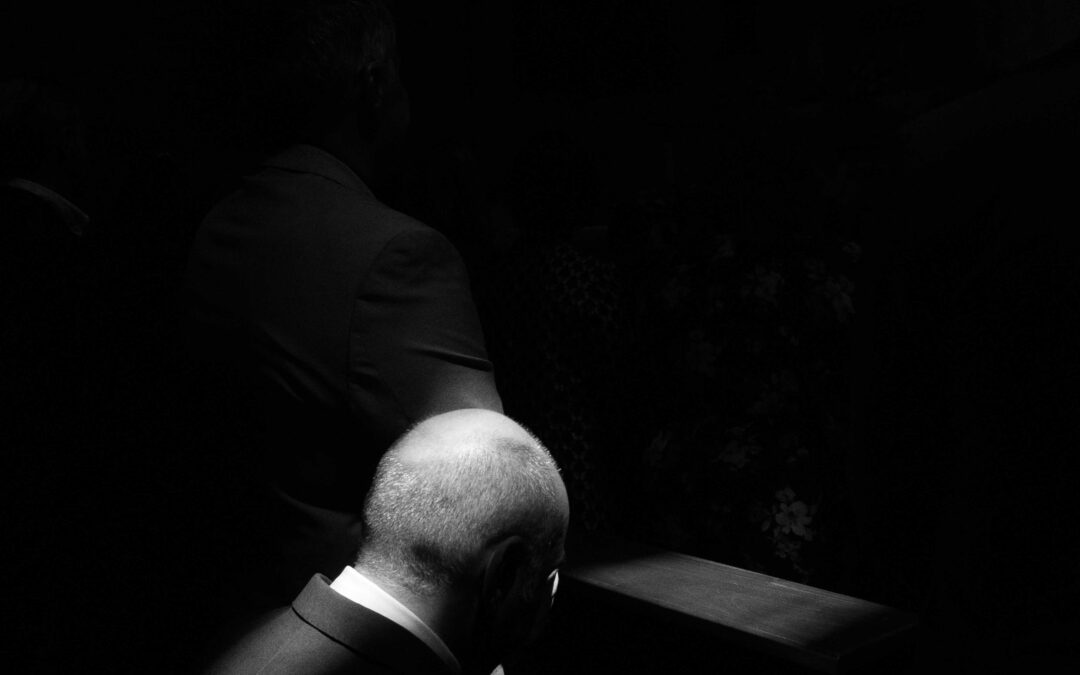
Networking Among the Human Capitalists: The Organizational Dynamics of Change and Power in the Large Corporate Law Firm
Read Full Article (PDF)
Law firms are unique creatures. They are subject to market pressures as well as ethical obligations and professional norms. They are in direct competition with other organizations for both clients and the lawyers necessary to perform work for those clients. They are comprised of lawyers who are simultaneously cooperative and competitive with one another. They are neither hierarchy nor anarchy, neither a collection of independent actors nor an entity under which its employees are subsumed. Instead, they are organizations shaped and reshaped by their members; organized around shared goals, internal contestations and external constraints; and defined by the ties between and among the firm, its attorneys, and its clients. As such, law firms can best be conceptually understood as a network of lawyers.
This article looks to move past the merely conceptual and examine an actual law firm’s internal working network Using the press releases of a large corporate law firm—documents that identify the lawyers who have worked together on particular matters—to build a dataset of working ties in the firm, this article presents an empirical model of the law firm as a network of lawyers. I then use statistical analysis to determine what factors influenced the creation of this network, explore how this network and the lawyers in it were affected by an external shock in the form of the 2008–09 financial crisis, and look to understand how structural positions in this network affect the power within the firm of the constituent lawyers. In doing so, I confront questions about power within professional organizations, stratification within the legal profession, and how professional norms interact with organizational goals to influence behavior within the law firm.
Alan James Kluegel *
* Assistant Professor, University of Kentucky J. David Rosenberg College of Law. The author would like to thank Heather Haveman, KT Albiston, Calvin Morrill, Bob Lawless, Arik Lifschitz, commenters at the American Sociological Association and Law & Society Association conferences — and Laurie Edelman, one last time. Kelly Vance and the editorial team at the University of Richmond Law Review have improved this Article immensely. All errors will eventually be correct on a long enough timeline.





